As artificial intelligence (AI) becomes increasingly intertwined with our daily lives, it’s essential to prioritize its fairness, accuracy, and inclusivity.
The importance of integrating bias into AI models becomes clear when considering their role in reflecting cultural values. Artificial intelligence (AI), fundamentally a mathematical construct, inherently mirrors the biases ingrained within the data it learns from.
In a recent AIAW Podcast episode, we spoke with Jeanette Nilsson, AI Ecosystem Driver at RISE Research Institutes of Sweden. In a conversation surrounding bias within AI models, we shed light on the complexities and the urgent need to address it both technically and ethically. Jeanette’s insights into the Swedish AI ecosystem reveal strategies and innovations shaping Europe’s AI landscape, emphasizing Sweden’s leadership in AI for societal development.
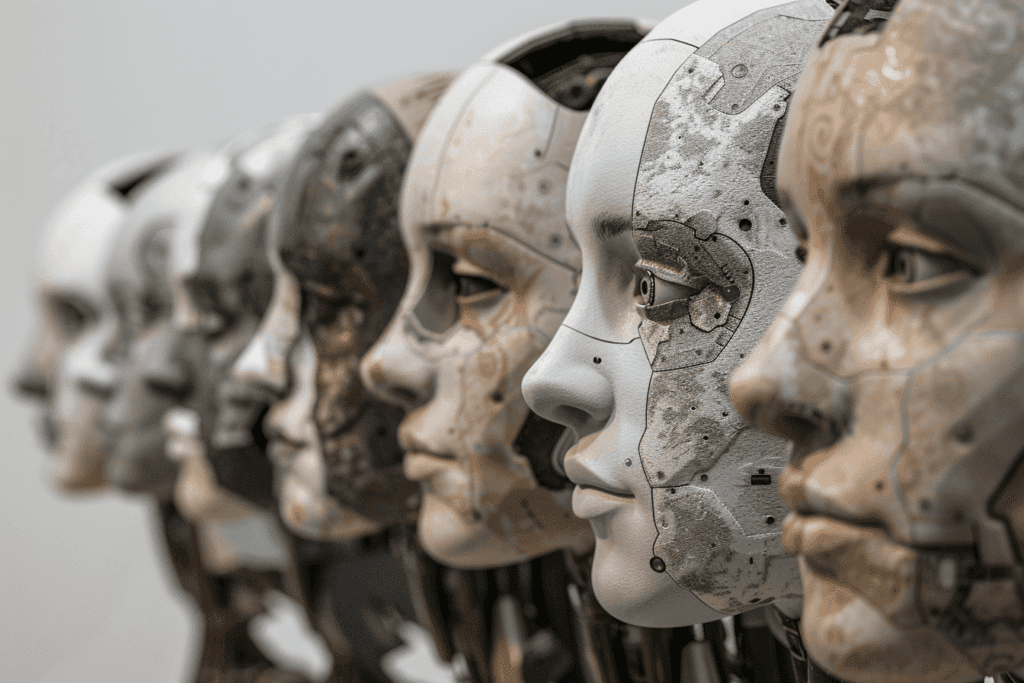

Understanding Bias in AI Models
The conversation surrounding bias within AI models isn’t just theoretical; it’s a pressing issue with real-world consequences. For example, a loan system trained on biased data may unfairly deny loans to qualified individuals from underserved communities. Similarly, in healthcare, AI tools biased towards one ethnicity could lead to misdiagnosis and delayed treatment for patients from different backgrounds, potentially risking lives.
Despite the complexities, integrating cultural values into AI is crucial for fairness. Yet, it’s not without challenges; efforts to include diverse perspectives must carefully balance inclusivity with mitigating bias. It’s important to confront these issues to ensure AI upholds fairness and respects diversity.
Ensuring AI models fairly represent diverse cultures requires a delicate balance between inclusivity and accuracy. Biased training data has often led to AI models struggling to accurately portray certain groups, as seen in image generation models favoring specific skin tones or facial features. These instances highlight the need for comprehending cultural differences to avoid perpetuating harmful stereotypes and misrepresentations in AI.
Moving forward demands a multifaceted strategy – acquiring diverse datasets that encompass the breadth of human experiences and implementing initiatives to develop fairer algorithms alongside robust bias detection mechanisms.
Challenges of Balancing Bias and Cultural Diversity
Finding the right balance between cultural diversity and bias control in AI models is a big challenge. During the podcast, Henrik and Jeanette emphasize the need for integrating diverse values to honor various cultures. On the other hand, Jesper Fredriksson, co-host in this episode, points out technical challenges like insufficient data through incidents such as the Gemini mishap. These real-life examples show how important it is to carefully handle cultural diversity while tackling bias in AI.
As such, Elon Musk’s criticism of Google’s diversity efforts and bias in image generation highlights this critical challenge. Understanding cultural differences is essential to prevent misrepresentation. Jeanette’s proposal for tailored language models aligns with this need for reflection. Effective solutions require collaboration and inclusivity to address bias effectively in AI models.
Advocating for Grassroots Strategies that Foster Diversity and Collaboration
The lack of diversity in certain industries calls for the need for inclusivity in AI development. Industry experts, like Jeanette herself, emphasize that incorporating diverse perspectives, facilitated by collaboration among experts with various backgrounds, enriches the field. Bottom-up AI strategies in AI ensure diverse viewpoints, supported by evidence that diverse teams excel in problem-solving. Research from McKinsey & Harvard Business Review highlights how diversity fosters inclusivity and innovation in AI development.
Moreover, Jeanette’s background in civil engineering and business, coupled with her experience working in male-dominated fields, has shaped her strong belief in the importance of diversity and inclusion in AI development. Incorporating diverse viewpoints is crucial to create robust and responsible AI systems. Advocating for a bottom-up approach, she highlights the critical role of AI ecosystem experts in fostering collaboration and addressing challenges directly.
In AI development, inclusivity holds great impact on driving innovation and combating bias in AI models. Collaboration and effective organization within the AI ecosystem are crucial for ensuring efficiency and alignment towards shared goals. Experts within the AI community, such as Jeanette, play a significant role in promoting inclusive practices. Their efforts contribute to demonstrating the positive impact of diversity in fostering innovation and creating environments that are less susceptible to bias.
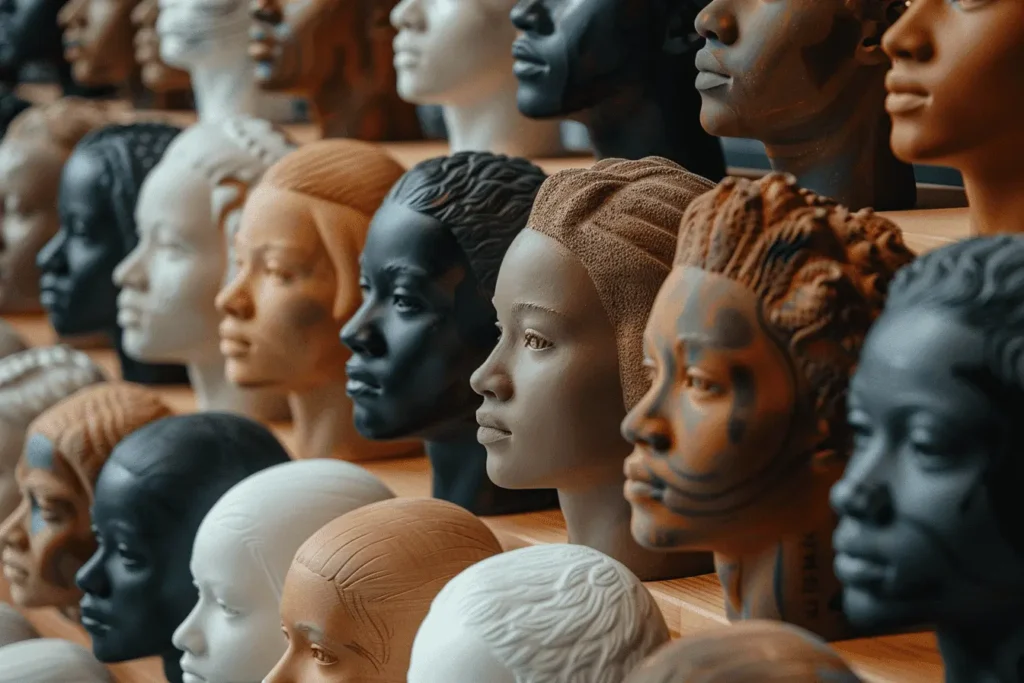

In Conclusion
This AIAW Podcast episode with Jeanette Nilsson underscores the vital connection between bias and cultural diversity in AI models. Addressing bias is not just a technical challenge but a moral imperative. As AI becomes more pervasive, achieving fairness demands grasping cultural nuances, collaborative efforts, and embracing diverse viewpoints. This insight is crucial for fostering a more equitable and effective AI ecosystem.
Effective AI bias mitigation requires prioritizing diversity and inclusivity. Drawing from Jeanette’s insights, diverse perspectives drive innovation and reduce bias. Stakeholder collaboration fosters fairness and inclusivity in AI development. Future strategies must focus on alignment, clear goals, and technological advancements to navigate societal shifts and prepare for an AI-driven job market.
Without bias, models may fail to recognize and uphold values important to different cultures.
For the newest insights in the world of data and AI, subscribe to Hyperight Premium. Stay ahead of the curve with exclusive content that will deepen your understanding of the evolving data landscape.

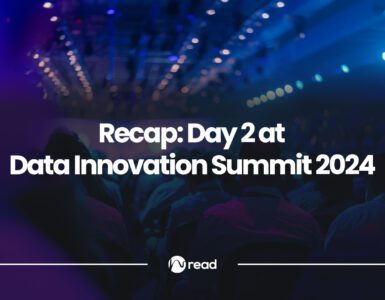
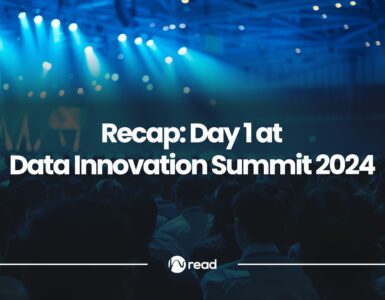
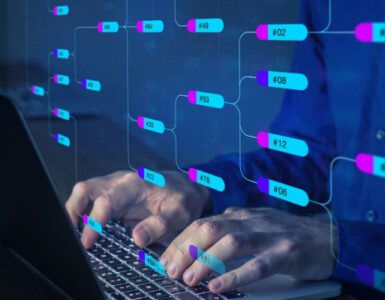










Add comment